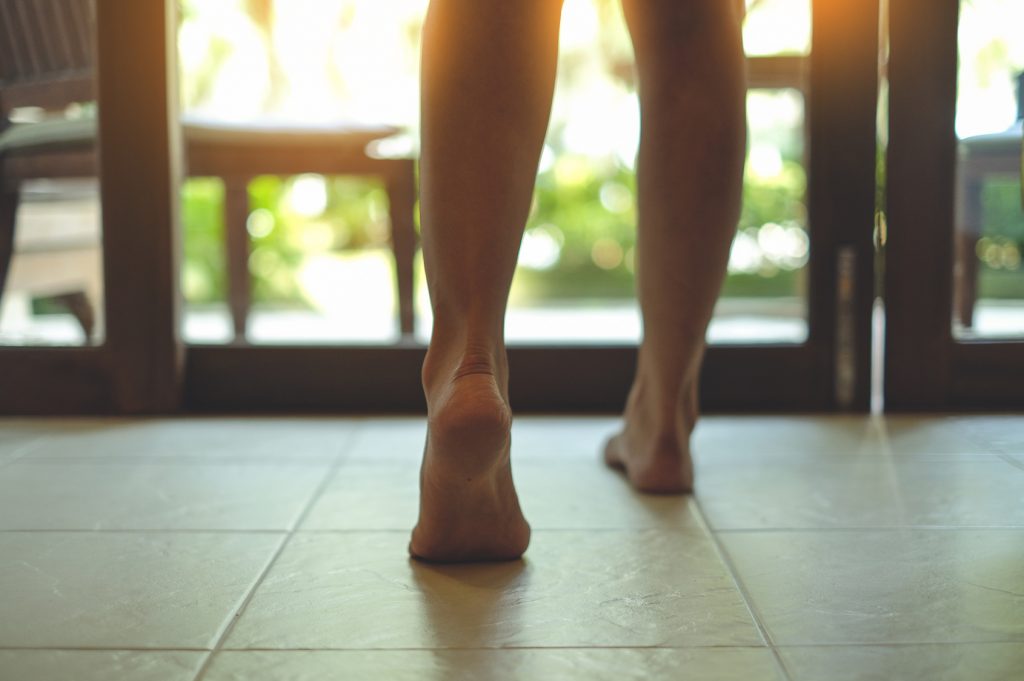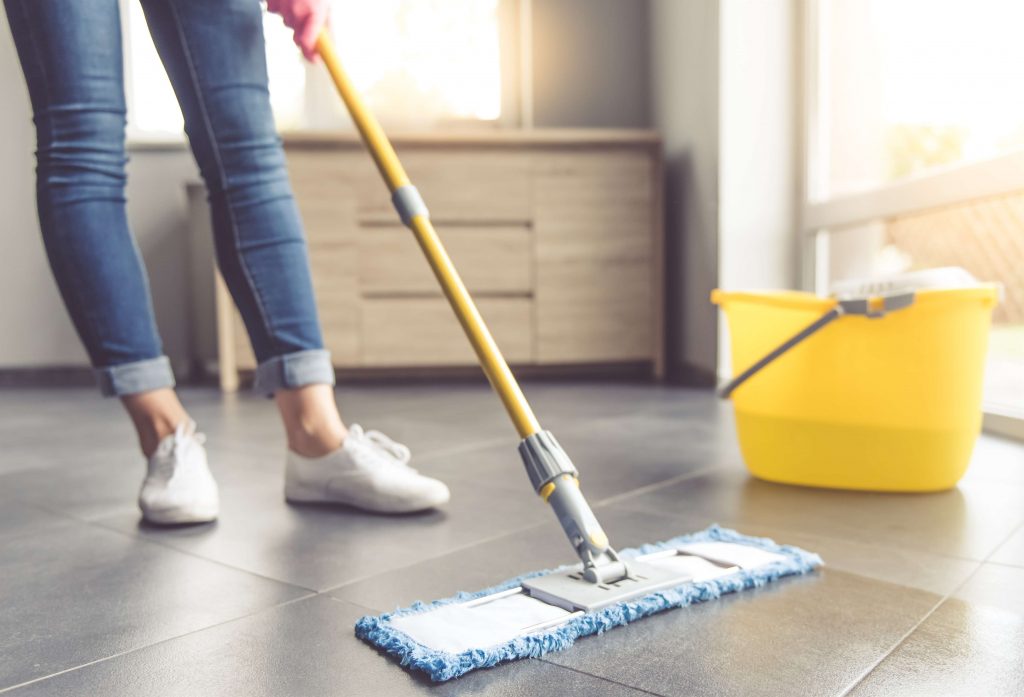The Pros and Cons of Stone Floors
The Pros and Cons of Stone Floors

There isn’t a room in the home that can’t benefit from a beautiful stone floor. Stone is not only a timeless and gorgeous material; it’s also very sturdy, durable and long lasting, making it a popular choice among homeowners. Since installing a stone floor is a long-term investment, we’ve put together a list of its pros and cons to help you make the decision whether or not a stone floor is a good fit for you and your home.
The Pros of Stone Floors

1. Strength and longevity
Stone is an extremely strong material which is why most of the ancient buildings that are best preserved today are made of stone. If you would like to design your home so that it stands the test of time, a stone floor makes for a great foundation. Barring any unprecedented and extensive damage, your stone floor is very likely to stay in good shape for decades. Its long life is accompanied by very low maintenance needs, unlike wood floors which need to be refinished and even replaced with time.
2. Transitional
Stone is also one of the few flooring materials that are easy to use both indoors and outdoors making for a seamlessly smooth transition from your yard or patio and into the home. Using the same type and color of stone is a fantastic way to connect your indoor and outdoor spaces and create a cohesive look.
3. Coolness Factor
Stone has a natural quality that allows it to stay cool in warmer weather and even cool down spaces in its proximity. This makes stone floors a great feature if you live in a place with a warm climate as it will stay cool to the touch and keep the temperature inside your home low even when it starts to get hotter outside.

4. Staying Warm
Not only do stone floors keep you cool in the summer, when paired with radiant heat systems they can have the opposite effect in the colder months. Since stone conducts heat very well it makes it a prime choice for combining with a radiant heat system which a very energy-efficient and luxurious way to heat your home, helping to keep you warm all through the winter.
5. Less dust and allergens
Stone has a very hard, smooth and nonporous surface. This makes it much easier to clean and keep dust and allergens out of your home. Stone floors can make a huge difference in the lives of people with more severe allergies and they can help cut down on your daily cleaning time. Compared to wood or carpet, even more porous stones (such as marble and limestone) are an improvement when it comes to keeping your home clean and allergen free.

The Cons of Stone Floors
1. Expensive
The price is probably the biggest concern of most homeowners who are considering installing stone floors, and rightfully stone. Stone is a pricey material, costing significantly more than other flooring materials such as wood or laminate. A good way to cut down this cost is by choosing a stone that is locally quarried which will lower the price of shipping, but even so, a stone floor is a hefty investment.
2. Slippery
When a stone floor gets wet it becomes very slick and slippery which turns it into an accident prone area. There are certain finishes and sealants (such as honed finishes) that can make the stone’s surface less slippery, but even they can’t prevent it entirely. Make sure to use nonskid mats in areas where water is more likely to get on the floor such as in your bathroom or around the kitchen sink in order to the minimize the danger of falling.

3. Hardness
Stone’s strength and hardness are one of its positive features; however they’re also a drawback. A fall on a stone floor is much more dangerous than one on a relatively softer surface such as wood. Young children, elders and people with fragile bones are much more likely to get injured from a fall onto a stone floor. Its hardness also makes it more likely that any glassware or china that gets dropped on the floor will break.